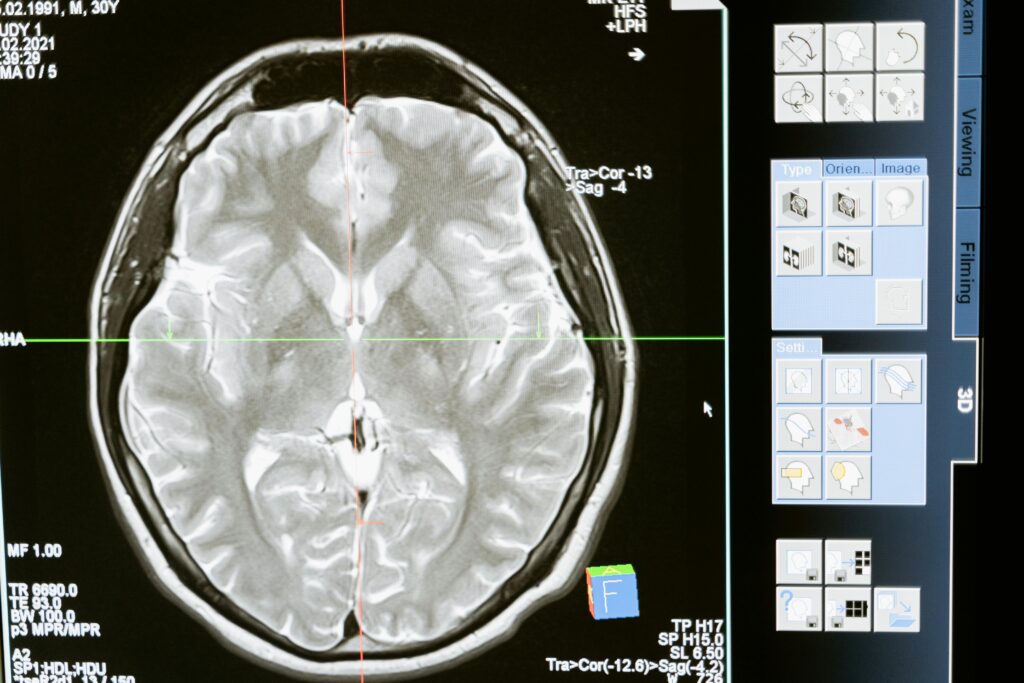High functioning schizophrenia occurs when an individual that has been diagnosed is still able to carry out daily functions the same as someone without a diagnosis. Schizophrenia itself is a varied psychiatric condition that differs from person to person. Due to this, high functioning schizophrenia will look differently for each individual. What may be high functioning for one person is not for another.
Understanding High Functioning Schizophrenia
High functioning schizophrenia” refers to individuals diagnosed with schizophrenia who can maintain a relatively stable daily life. Despite their condition, they may either experience milder symptoms or have developed effective ways to cope, even if their symptoms are more pronounced.
It’s important to understand that “high functioning” is a subjective label and not a formal medical term. This description doesn’t always match the actual severity of a person’s symptoms. Individuals with high functioning schizophrenia may still face substantial challenges and require ongoing treatment and support.
Several factors can influence how well someone functions with schizophrenia, including:
- Severity of symptoms: Those with milder or fewer symptoms may find it easier to manage daily activities compared to individuals with more severe symptoms.
- Response to treatment: People who receive early and high quality treatment tend to have better long-term functioning.
- Personal coping mechanisms: Some individuals develop strong strategies that help them manage their symptoms more effectively, preventing these symptoms from severely impacting their daily life.
- Support systems: A strong network of supportive friends and family can help someone with schizophrenia maintain better functioning compared to someone without that support.
- Co-occurring health conditions: Schizophrenia often co-occurs with other physical or mental health conditions, making daily functioning more difficult. Those without additional health issues may appear to function at a higher level.
As noted, what may appear as high-functioning schizophrenia for one person does not mean that is the baseline. Every individual has different genetics and external factors impacting how they cope with a schizophrenia diagnosis.
Symptoms of High Functioning Schizophrenia

Regardless of whether someone is considered “high functioning” or not, people with schizophrenia experience similar types of symptoms. These are categorized into positive, negative, and cognitive symptoms.
Positive symptoms are behaviors or experiences that weren’t present before the onset of the condition, often involving psychosis, such as:
- Hallucinations
- Delusions
- Disorganized thinking and speech
- Abnormal motor behavior
Negative symptoms reflect a reduction in normal functioning, often impacting key areas such as:
- Alogia (reduced speech)
- Anhedonia (diminished ability to experience pleasure)
- Asociality (reduced social engagement)
- Avolition (lack of motivation for goal-directed activities)
- Blunted affect (difficulty expressing emotions, like reduced facial expressions)
Cognitive symptoms may affect:
- Concentration and attention
- Working memory
- Executive functioning (the ability to plan, make decisions, and complete tasks)
Negative symptoms can be particularly challenging to address, as they are less responsive to antipsychotic medications. For many, these symptoms persist even when positive symptoms are under control, making day-to-day functioning difficult. Research published by the National Library of Medicine highlights that persistent negative symptoms are often linked to worse outcomes and long-term disability, even for those who are considered high functioning.
Diagnosing High Functioning Schizophrenia
Schizophrenia is recognized as a spectrum disorder in the latest version of the Diagnostic and Statistical Manual of Mental Disorders (DSM-5-TR). This reflects the wide variability in symptoms and their progression over time.
It’s important to note that “high functioning schizophrenia” is not a formal diagnosis. Whether someone is considered high or low functioning, they still must meet the standard diagnostic criteria for schizophrenia. These include the presence of at least two of the following symptoms, with one of them being among the first three listed:
- Delusions
- Hallucinations
- Disorganized speech
- Severely disorganized or catatonic behavior
These symptoms must persist for at least a month, with some lasting for over six months. Additionally, the individual must experience a noticeable decline in one or more key areas of life, such as personal relationships, employment, or self-care.
Treatment for Schizophrenia

Schizophrenia is one of the most challenging disorders to live with – and Alter Behavioral Health is uniquely positioned to support people with schizophrenia for long term wellness. Typically, when a client with a schizophrenia diagnosis comes to Alter, they are either unmedicated or are on the wrong combination of medications. As a result, the client’s symptoms of psychosis are not being managed and they are actively psychotic and can be a danger to themselves or others.
Some of the treatment modalities we use for high functioning schizophrenia include, but are not limited to:
- Acceptance + Commitment Therapy
- Cognitive-Behavioral Therapy (CBT)
- Medication Management
- Mindfulness
- Narrative Therapy
- Solution Focused Therapy
Our team is trained to help manage schizophrenia, whether it be high functioning or not. Our programs can be adapted to different levels of care, including crisis stabilization & intervention, residential mental health treatment, partial hospitalization programs, and intensive outpatient treatment. Whether an individual needs to be stabilized immediately or they are looking to improve their coping mechanisms and medication management – Alter has all levels of care to better serve our clients.
About Alter
Alter is a behavioral healthcare provider that specializes in evidence-based clinical treatment approaches. We provide a wide range of programs for adults and families experiencing mental health conditions including schizophrenia, depression, borderline personality disorder, anxiety, substance abuse, and more. This is done through client-centered care for a full-continuum of treatment. We serve the entire U.S. population from our revolutionary locations throughout sunny Southern California. Whether an individual needs 24/7 care or wants an outpatient program – we are there to guide every step of the journey. For more information, give us a call at (877) 613-9776 or visit our website at alterbehavioralhealth.com.



